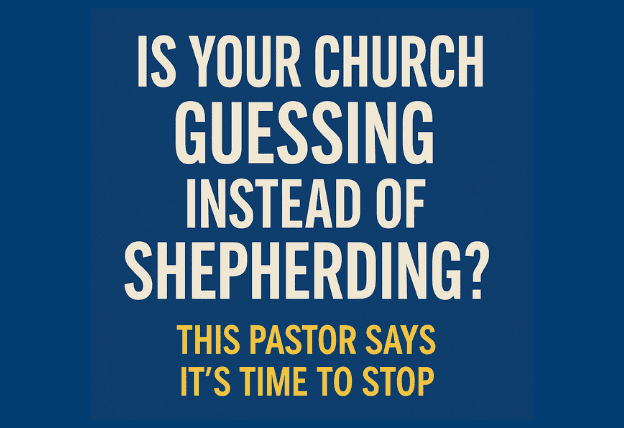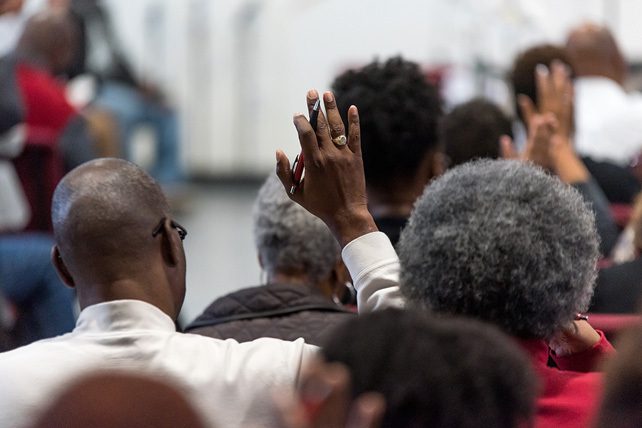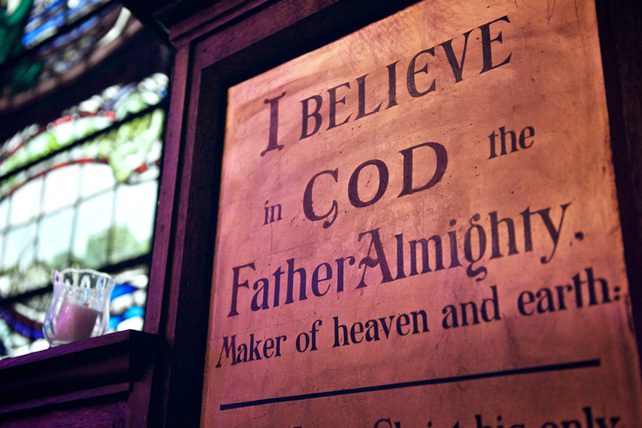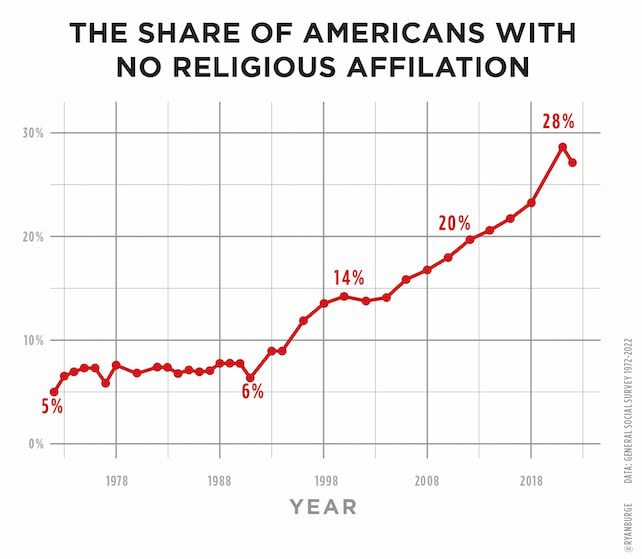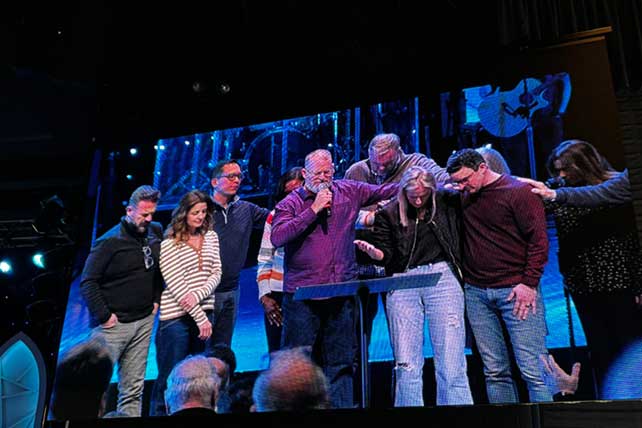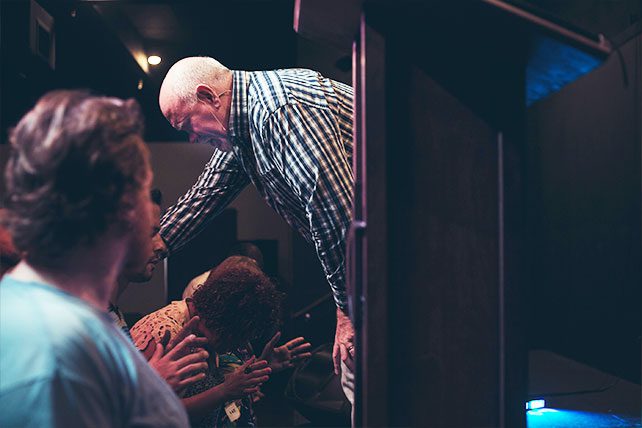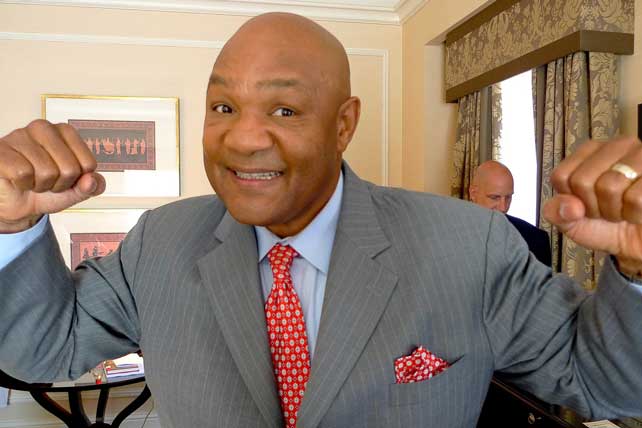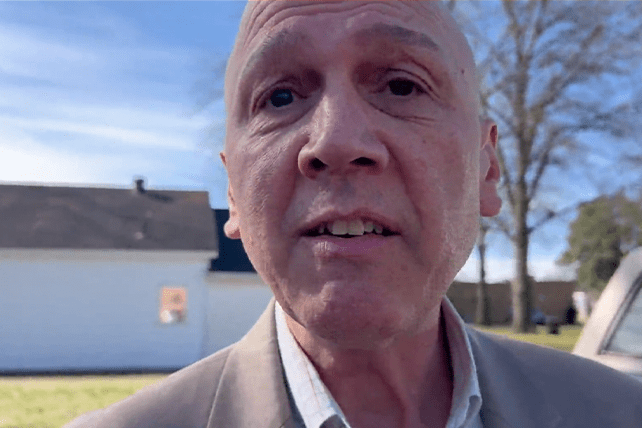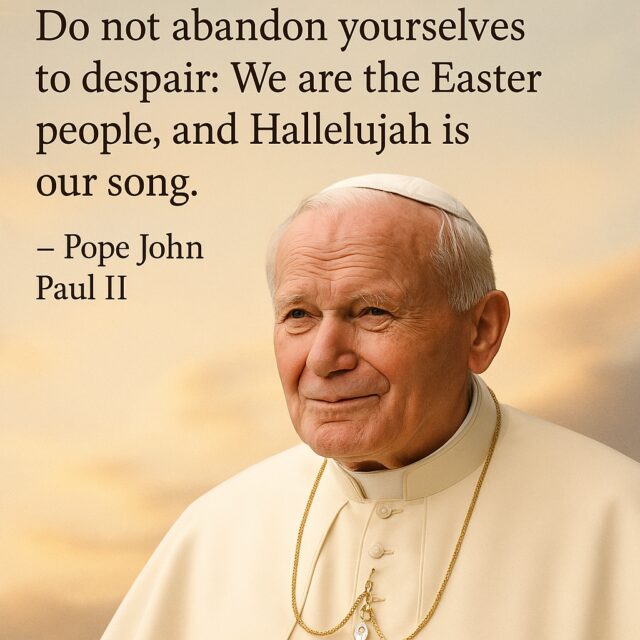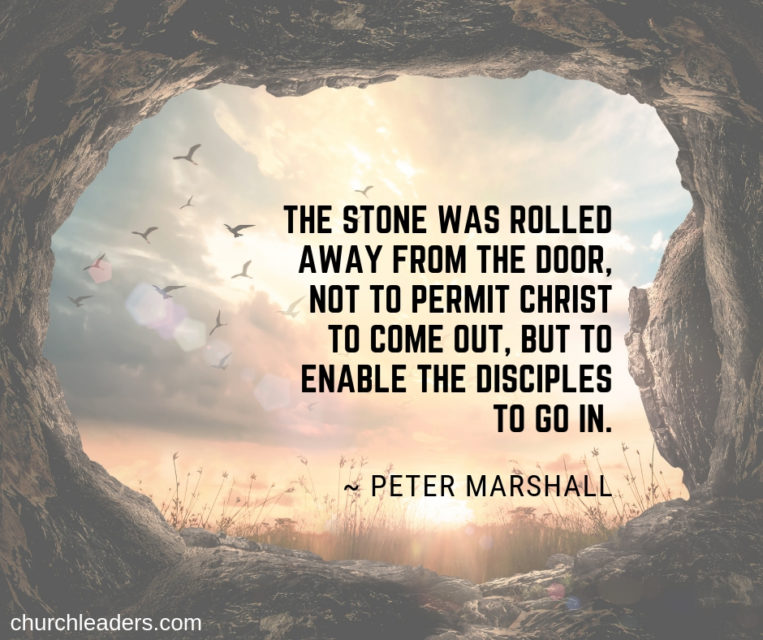Despite winning the Heisman Trophy and being a No. 1 overall draft pick, NFL quarterback Baker Mayfield was still searching for a way to fill “a lot of emptiness.” Several years into his pro career, “God taught me a lesson,” the 29-year-old QB said. “He had to take my career down to the studs and make me realize that I’m more than a football player.”
On a recent edition of the “Sports Spectrum” podcast, Mayfield shared his testimony, telling hosts Matt Forte and Jason Romano that mentors have been key in his faith development. Fellow Christians have helped him realize that “Jesus is grace, perfection,” he said. “Somebody that sacrificed everything.”
The QB, now with the Tampa Bay Buccaneers, also credited his wife of five years and their baby daughter with helping him understand God’s unconditional love. Through Pro Athletes Outreach (PAO), the Mayfields are mentoring others who live in the sports spotlight. And through their foundation, the couple is helping children and teens “tackle life’s challenges.”
How Baker Mayfield Accepted God’s Grace
Growing up, Mayfield said, his family attended church services only on Christmas and Easter. He thought being a Christian meant doing good deeds and being a good person. While attending the University of Oklahoma, a pastor in Norman helped change Mayfield’s perspective.
“I didn’t have to be perfect, didn’t have to have it all figured out,” Mayfield said he finally realized. “We’re all born sinners and…we’ve been saved.”
At Oklahoma, Mayfield won the 2017 Heisman Trophy, making him the first walk-on player to nab that prestigious award. He also had a high-profile arrest for public intoxication and other charges.
In the 2018 NFL Draft, Cleveland took Mayfield with the first overall pick. During four years with the Browns, the QB had just one winning season. But during it, he led the team to its first playoff game in 26 years.
A tumultuous 2022 split from the Browns led to a rocky nine months for Mayfield. While recovering from shoulder surgery, he bounced to the Panthers and the Rams before landing in Tampa Bay. Meanwhile, Mayfield and his wife, Emily, “weren’t doing well,” and their attempt to have kids “wasn’t going well” either.
That’s when God provided a wake-up call. The Mayfields became active in the faith-based PAO, and Mayfield became “vulnerable” so he could “accept the grace” that Jesus offers. “I had to dive into the Word,” the QB added. He realized the faith journey is “constant work,” he said, “because the enemy is out to get you.”
Faith “is something that has to be part of the daily routine, and you have to make your priorities align with that,” Mayfield said. He told “Sports Spectrum” listeners that his rocky journey “all happened for a reason, and God’s timing was perfect.”


